When Is The Audience “Not Smart Enough”?
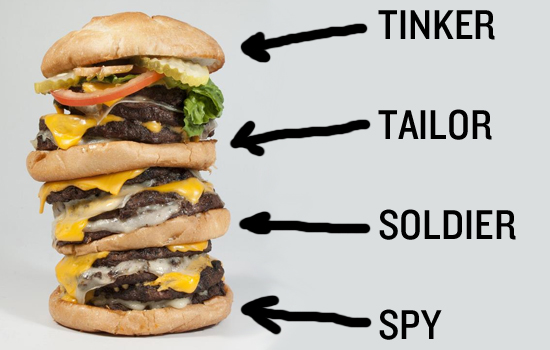
It’s not often that I feel like a moron. Oh who am I kidding, I feel like an idiot most of the time. But it’s rare for a film, a piece of entertainment I’m meant to enjoy at my leisure, to send me to the hypothetical dunce chair. During a late-night screening of Tinker, Tailor, Soldier, Spy (a film I anticipated so very highly), I had to constantly check my head to make sure I wasn’t wearing a cone hat.
It’s not that the film lost me from the get-go. To put it crudely, I got the “gist” of it. But despite my deep preparation, I still flew off the plotline’s tracks from time to time.
I realise by admitting this, there’ll be a few fellow readers responding with “Well, maybe you ARE just a moron, Liam.” Believe me, I won’t rule out that possibility. However, I want to pose a question: what separates a movie from being uber intelligent to one that’s badly told?
See, to me, watching Tinker, Tailor was like eating a massive burger…

This burger has an intimidating amount of layers to it, smooshed with a metric crap-tonne of fillings: cheese, lettuce, tomatoes, garlic, jalapenos, cucumbers, etc. To a few gifted individuals, they can wolf down this artery-clogger without flinching a facial muscle. However, people like me have trouble even lifting the thing. The moment we get our hands on it, it begins to shake and fall apart.
So you try to nibble the sides while keeping it all together. But then the sauce starts to drip out the other end, followed by the lettuce, the gherkins and the onions. Fearing you’ll lose the whole burger entirely, you put your hand on the back, making a mess of yourself. Eventually, you finish something that barely resembles a burger. Your sense of satisfaction is overridden by how terribly bloated the meal left you. You then look at your plate and see the fillings that fell out. You didn’t even notice the side of fries.
Sure, the first few bites were delicious, but the meal as a whole was overstuffed. The menu said “tower burger” and it was the same price as any ol’ regular burger, but there was no telling how massive this thing was. Being limited to two bun, many of the things that make the burger were lost. But whose fault is it? Is it the fault of the burger eater for not having steady hands, two stomachs or a jaw that can unhinge like an anaconda’s? Or is it the fault of the chef for making an unsteady burger packed with too many fillings, unsuitably pressed between two lone buns?
Hopefully through that longwinded analogy, you’ll get a vague understanding of where I’m coming from. In the case of Tinker, Tailor, Soldier, Spy, I’m forced to wonder whether the film is just too smart for my stupid ass or if the filmmakers’ storytelling methods were too messy, too unconventional and too demanding for a 2 hour running time.
An ungodly amount of concentration is needed for the film. But it’s not simply because there’s a lot going on. The style of the film is intentionally drab, reflecting the bleakness of the era. This is a double-edged sword however, for the film keeps such a straight face that it’s hard to maintain interest. Vital characters are often mentioned only briefly and in passing, making it difficult for us (well, for me at least) to establish them with a heavy amount of importance. One movie in particular trip on this fallacious barbed wire…
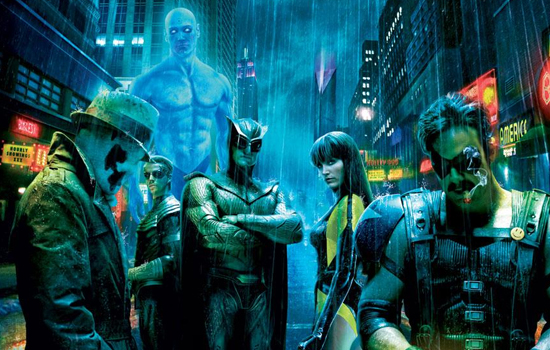
Zack Snyder’s take on the renown graphic novel Watchmen tried too hard to cram everything in, choosing to focus on only a set number of characters. [SPOILER ALERT] By the time we’re told that Ozymandias is the chaotic mastermind, we don’t give a shit. There’s no shock. There’s no crap-your-pants surprise. We hardly saw the guy in the film, so why do we even care that he’s the one screwing/fixing the world?
I couldn’t help but feel the same sort of vacancy near the end of Tinker, Tailor. I’m not gonna list any examples from the film (I still don’t want to spoil anything for y’all), but I’ll say that a number of times left me thinking “oh yeah, that guy’s in the film.”
Perhaps it’s a balance game. You’ll see a lot of reviews saying the film “isn’t for everyone.” But how far can you take that excuse? You don’t have to make every film cater to a mainstream audience (whomever that may be), but should you really strip and condense your film so much that only the editors of The New Yorker can comprehend what the hell is going on?
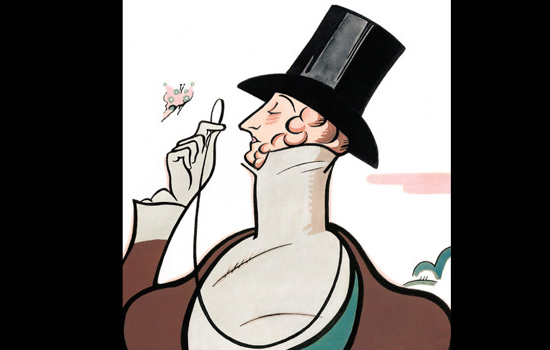
- “Well, *I* understood it on a loquacious level.”
When I think about this, two films come to mind…
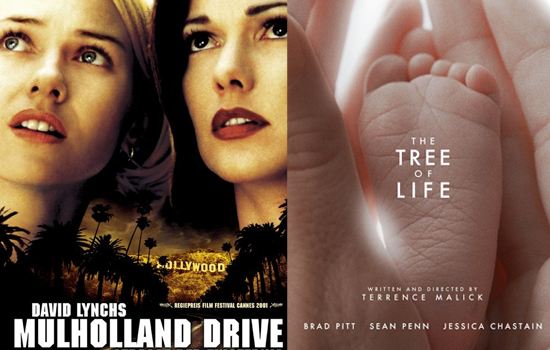
- I could‘ve picked any film from either director, really.
However, there’s an immediate difference between these two films and TTSS: the former is portrayed as a conventional film, the others are not (whether you like to call them pretentious or “visual poetry” is up to you).
Sometimes an idea is on such a grand scale that a director often has trouble portraying it on film. This leads me to my #1 film I wish was directed by Spike Jonze…
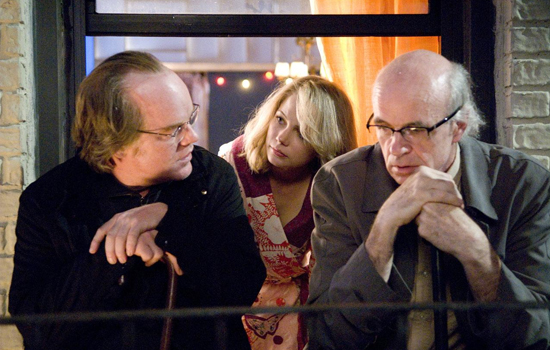
I love you Synecdoche, New York, I’m just not IN love with you. I pretty much adore anything Charlie Kaufman writes, but the same can’t be said for anything he may choose to direct in the future. That’s not to say he’s bad at it, it’s just that, in the case of Synecdoche, he was a bit too ambitious for his feature debut. If you’ve never seen the film before, I implore you to, because it’s still a damn good movie.
The main issue, however, is that Kaufman doesn’t express his impossibly massive concept to its full extent. In brief, this is a film about a theatre director’s struggle to establish his own existence/relevance within his own stage production (which is pretty meta when you think about it). Before long (give or take a number of years), he creates a stage production within a stage production (within a stage production (within a stage production)). That’s some serious Inception shit going on there, except it’s not helmed by Chris Nolan.
Thus, without a seasoned director who fully understands how to handle the screenwriter’s outlandishly awesome ideas (Spike Jonze), the expression is muddled. Kaufman does his best to tell his tale, but there are too many instances where the audience is left with itchy heads to scratch wondering how all the scenes fit. It’s a structural issue, plain and simple.
Again, critics who praised Synecdoche, New York were applauding how it “didn’t patronise its audience.” That may be true of its idea, but not for its inability to fully relay those ideas. I feel the exact same way about TTSS.
It’s easy to think that the film’s a critic trap too. With its truly amazing ensemble, heavily praised director and equally heralded source material, it’s tempting to bypass any of its problems and just give it 5 stars on the spot, using words like “deep” and “intricate” to describe its extremely busy plot. Besides, you wouldn’t want to be labelled as the film critic who was “too dumb” to follow the plot.
By no means am I implying that all those who praise the film think this way. I’m a film buff in his early 20s. I’m still legally classified as a f**king idiot, and I accept that responsibility wholeheartedly. A number of the critics I’m mentioning have decades of experience, so following the flick would’ve most likely proven to be a simple exercise. At least I have Roger Ebert on my side.

- What has two thumbs and agrees with me? This guy.
Tinker, Tailor, Soldier, Spy was one of my most anticipated films of this season, and it let me down. Something got lost in translation. Maybe Tomas Alfredson (who directed the only vampire film to blow my f**king mind Let The Right One In) couldn’t handle the screenplay. Maybe the screenplay was too muddled for any director to handle. Whatever the reason, I can’t help but feel the sting of disappointment.
Perhaps you think I’m a little slow for being confused by the film, and that’s fine. Perhaps you agree with me that it was a story not told particularly well. That’s fine too. It’s simply how I feel. And hey, this IS a blog, so I’m pretty much obligated to express my dumb ass opinion, even if that opinion was told through a burger simile.
Still, food for thought.















